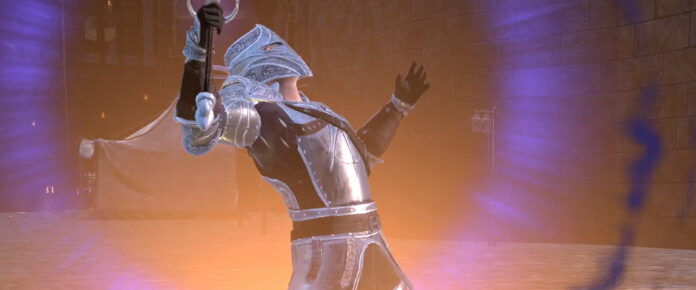
We’ve previously discussed that according to the Manual of Mental Disorders and the industry standard Diagnostic and Statistical Manual of Mental Disorders, gaming addiction isn’t a thing.
But new research says otherwise. The Independent is reporting that The International Classification of Diseases, last updated 27 years ago, may be throwing in with a “yes” in its update. Part of the reason appears to be a 2016 University of Oxford study in which fewer than 2 out of 3 participants indicated signs of addiction. Lead author Dr. Andrew Przybylski particularly noted that the issue is an “internet gaming disorder” but admitted that “the study did not find a clear link between potential addiction and negative effects on health.” The researchers themselves concluded that their findings’ “evidence linking Internet gaming disorder to game engagement was strong, but links to physical, social, and mental health outcomes were decidedly mixed.”
It doesn’t end there though. The World Health Organization will also add “Gaming Disorder” to its 2018 international classification of diseases.
Kotaku spoke to Dr. Chris Ferguson, a psychologist who studies the effects of games, noted that part of the debate stems from the belief that gaming activates a part of the brain similar to that of drug users. While there’s a “kernal of truth” to that, he went on to say that, “more similar to other fun activities like eating chocolate, having sex, getting a good grade, etc., not heroin or cocaine.”
When we contacted researcher Dr. Rachel Kowert for comment (we’ve consulted her on research such as this in the past), she suggested that “the article needs to point out that the [American Psychological Association] still does not formally recognize it as an addiction and there is a large amount of research just now coming out questioning whether or not it is a distinctive behavioral addiction deserving of its own classification.” Dr. Kowert also reminded us that the APA “has not determined whether or not it should be classified, diagnosed, and treated as a distinctive addiction,” making the news come off as a bit “moral panic-y.”















